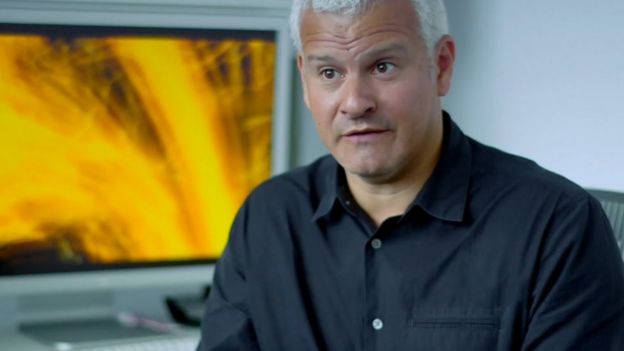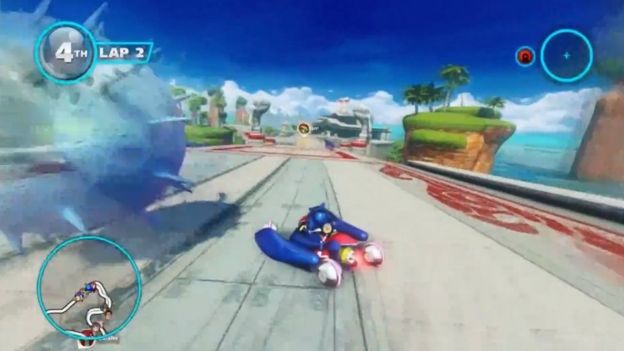Taiwan's PC makers are restless. The once ubiquitous product of multibillion-dollar companies like Acer and Asus is in steep decline, and there's no clear replacement in sight.
In 2015's second quarter, global PC shipments fell 9.5 percent year-on-year to 68.4 million units, according to research firm Gartner. That decrease was the sharpest in almost two years. Gartner forecasts PC shipments will fall 4.4 percent overall in 2015.
"The decline was more severe than expected," said Helen Chiang, associate director of research firm IDC's Taiwan office, noting distributors are reducing inventory ahead of the release of Microsoft's Windows 10. She said PC sales during the second quarter of 2014 were especially brisk as consumers upgraded their computers ahead of Microsoft ending support for Windows XP, adding that no similar revenue driver exists now.
The PC market has flagged since 2012 as consumers increasingly access social media through mobile devices and businesses slow their computer replacement rate to reduce costs, analysts say.
Those falling sales are hitting the bottom lines of Taiwanese PC makers hard. Acer reported net losses in 2011, 2012 and 2013 before returning to a slim profitability in 2014.
But in the second quarter of 2014, Acer's PC shipments fell to 4.3 million units from 5.9 million units, a decrease of almost 27 percent year-on-year, according to IDC. The company posted a profit of just New Taiwan dollars (TWD)$2 million ($79,000) for the April-June quarter, while its consolidated revenue fell nearly 19 percent year-on-year to TWD$128.2 billion ($4 billion) in the first six months of the year.
Tied with Acer as the 5th-largest PC maker, Asus is faring better. In the second quarter, its PC shipments fell to 4.3 million units from 4.7 million units the previous year, an annual contraction of 7.7 percent, IDC said. Asus reported a net profit in the quarter ending June of TWD$4.66 billion ($145 million), a decrease of 3 percent year-on-year. But its revenue of TWD$99.4 billion ($3.06 billion) rose 4 percent from a year earlier.
Fortunately for Taiwanese vendors, declining shipments do not spell the demise of the PC, said Tracy Tsai, a research director at Gartner in Taipei. "The decline has to stop somewhere," she asserted. "There is no alternative to the PC at the enterprise level -- or for consumers who need a device on which they can work."
In the future, the PC market will be flat and "very replacement driven," she added.
Meanwhile, Asus has shifted its focus to mobile devices. The Taipei-based company is accelerating shipments of its low-priced ZenFone range -- especially to emerging markets -- in a bid to break into the world's top ten handset vendors by market share. At an August product launch in Brazil, chief executive officer Jerry Shen said Asus expects to ship 30 million to 40 million smartphones in 2016, up from 17 million to 25 million this year. Asus reckons that its mobile-devices revenue will surpass its core PC business in 2018.
"Smartphones can be a new revenue driver for Asus, but with their average selling price declining, to what extent remains to be seen," said Jade Cheng, a mobile communications analyst at the Taipei-based Market Research & Consulting Institute (MIC).
As the handset market is increasingly saturated, Asus is also targeting the more nascent connected devices market. In contrast to other Taiwanese vendors, Asus has given its business units "plenty of space to develop cloud services and IoT [Internet of Things] solutions," said Charles Chou, a senior analyst at MIC. "We believe Asus is going to have more in the pipeline, such as smartwatch-centric applications."
For its part, beleaguered Acer is trying to reinvent itself as an enterprise software and cloud services provider. In June, Acer announced it would invest $4 million to build a cloud-computing centre in China's massive southwestern municipality of Chongqing, where it has manufactured notebook computers since 2011. The centre will be used to promote Acer's abPBX plus communications network for businesses and aBeing One, a hub for file sharing among different operating systems, the company said.
Acer can use the Chongqing center as a test market for its cloud services, said Chiang. If the centre is successful, the company can use it as a jumping-off point for regional expansion, she added.
Acer is right to reduce its reliance on the ailing consumer PC market, said Tsai of Gartner. "But it has a long way to go. Acer is not known for its enterprise solutions."
At the same time, she notes Asus' focus on smartphones may not be sustainable. As smartphone penetration increases, the replacement rate will slow, and "the situation will eventually not be so different from what we have in the PC market now," she says.
Chiang sees major challenges ahead for all of Taiwan's vendors in the post-PC era. "It's no problem for them to produce any kind of hardware," she said. "But they still don't have a good understanding of vertical integration and the end user. You need to understand those things to create successful IoT applications."
Tags:
articles
Taiwan's PC makers search for new cash cow
By news →
jeudi 17 septembre 2015









